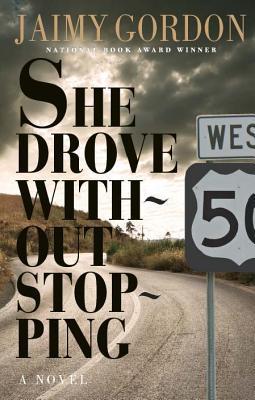What do you think?
Rate this book


390 pages, Paperback
First published January 1, 1990

Felix says, “A chicken ain’t even a bird.”Gordon takes us back to the tradition of people sitting on a porch and sharing what they know: stories, observations, old-timey remedies, gossip. These are the best moments in the novel, though they didn’t happen as often in She Drove Without Stopping as it did in Bogeywoman.
“It ain’t! Then what is it?”
“Felix is silent for a moment, gazing at the darkening cornfield. “It’s a food,” he says. “Man done made it, just like a hot dot. Like baloney. It’s progress.”
“Don’t tell me about progress,” Willie says. “Baloney don’t run around a barnyard flapping its wings.”